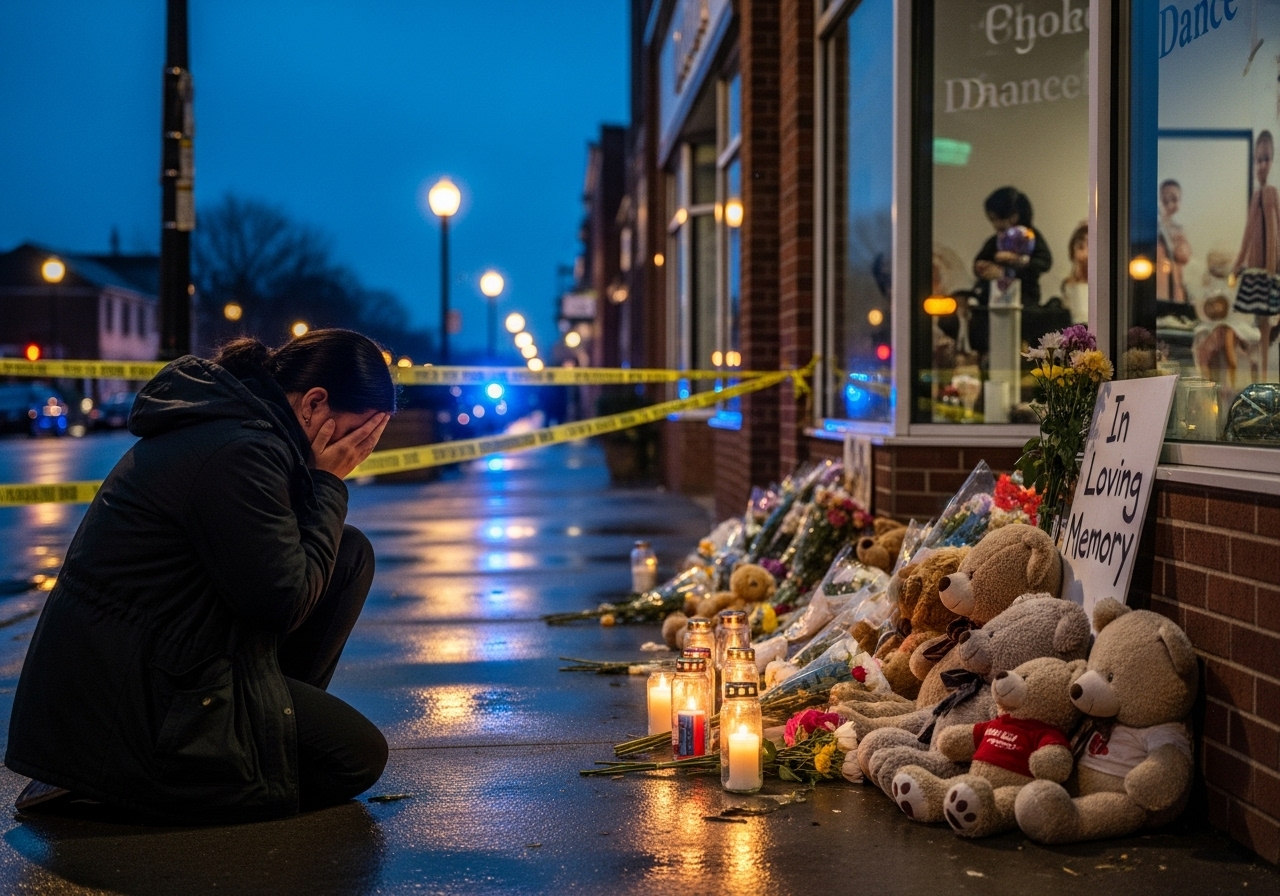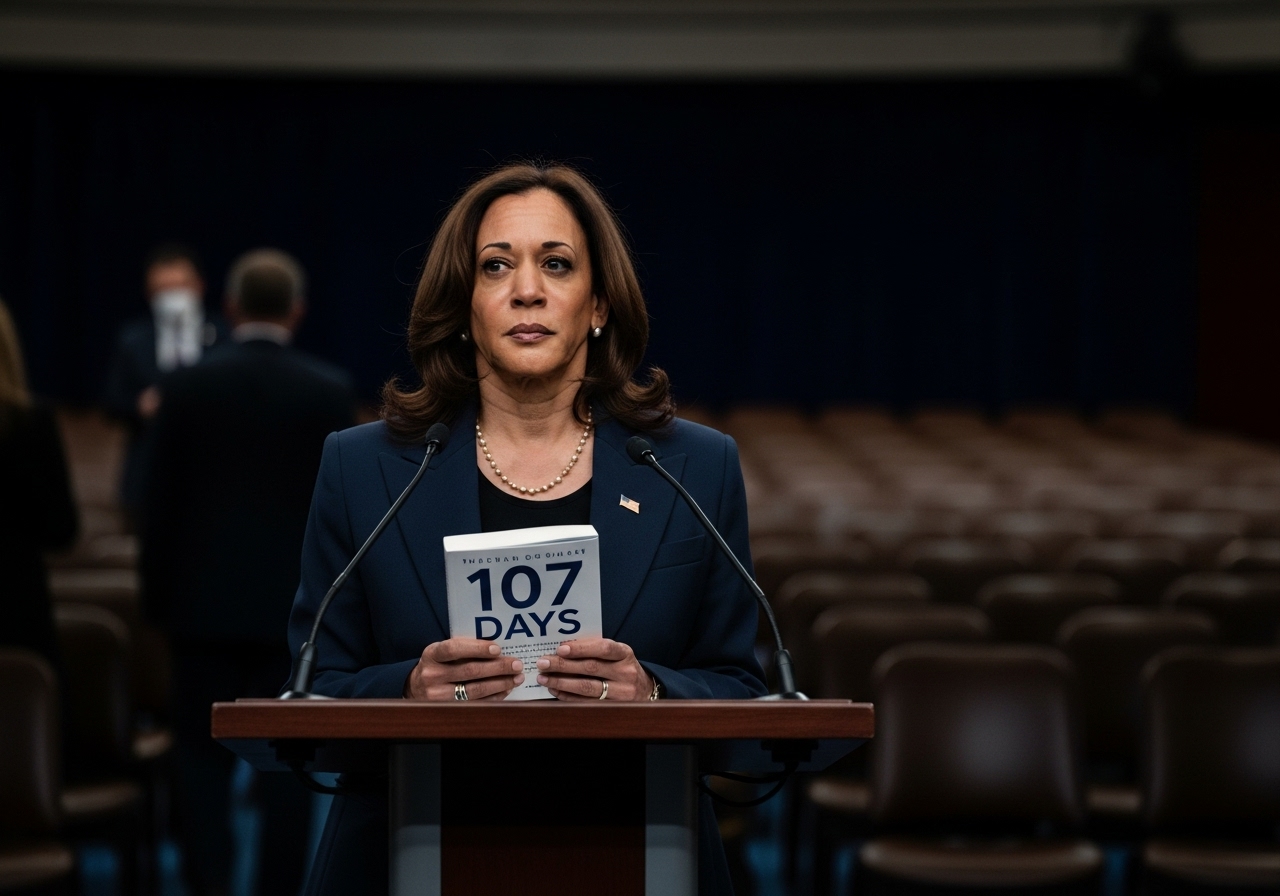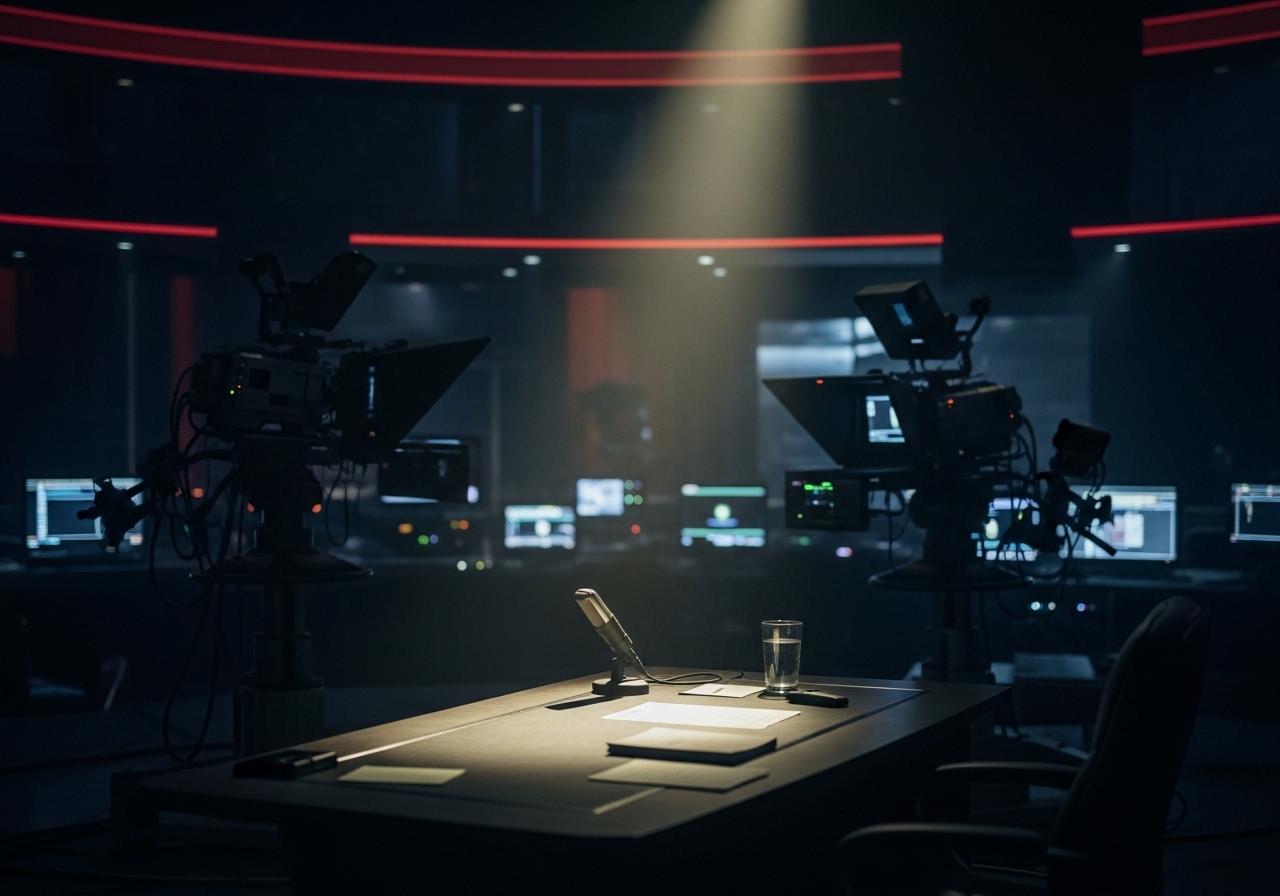What happened in Southport last year is one of the worst failures of government and community oversight we’ve seen in recent memory. A 17-year-old named Axel Rudakubana carried out a brutal knife attack at a children’s dance party, killing three little girls and injuring ten others. This tragedy didn’t come out of nowhere. The signs were there for years. The warnings were loud and clear. And yet, nothing was done. Why? Because of “red tape,” bureaucracy, and a system that’s more worried about political correctness than protecting innocent lives.
Let’s break it down.
Rudakubana had a long history of violence and disturbing behavior. Teachers, counselors, and even his own school flagged him multiple times. He skipped school for years. He got in fights. He brought knives to school. He made threats. He talked about killing. He even said things that hinted at terrorism. He posted about dictators like Gaddafi, had terrorist manuals, and kept pictures of ISIS killers on his tablet. He searched for school shooting tactics online. This isn’t just a troubled teen. This is a walking red flag.
Teachers tried to raise the alarm. One even said, “The red tape is frightening… short of breaking in I don’t know how to see this kid.” That’s a cry for help from someone inside the system. But the police and social services turned them away. They refused to do a wellness check. They ignored the calls for action. Why? Because of paperwork. Because of fear of being called racist or insensitive. Because nobody wanted to take responsibility.
This wasn’t just a failure by the state. Rudakubana’s own family knew what he was capable of. His father signed for machetes ordered with a fake ID, then hid them instead of calling the cops. He found chemicals and weapons in his son’s room just days before the attack—but said nothing. What kind of parent sees that and doesn’t act? The truth is, they didn’t want to face the truth about their son. And because of that, three little girls are dead.
Now the government claims the attack wasn’t terrorism. Really? The kid had ISIS images, Al Qaeda manuals, and made pro-jihad comments. He had a history of violence and mental instability. But they still say it wasn’t terrorism. It doesn’t take a military analyst to read the signs. They’re trying to save face, plain and simple.
And here’s the part that really sticks with me: this never had to happen. This wasn’t some lone wolf who came out of nowhere. Rudakubana was on the radar of MI5, social services, schools, and even the Prevent anti-terrorism program. He was referred multiple times. People tried to sound the alarm. But every time, the system shrugged it off. They closed the cases. They looked the other way.
This is the result of a broken system that’s more focused on avoiding offense than defending the innocent. When you let bureaucracy and fear of offending override common sense, children die. That’s not dramatic—that’s the hard truth.
As someone who’s served and seen what real threats look like, I can tell you this: we’re not doing enough at home. We train to fight enemies abroad, but sometimes the danger is right in our own backyard. And we’re not ready to deal with it because our leaders are asleep at the wheel.
The families of the victims deserve justice. More than that, they deserve answers. This inquiry needs to expose every failure, every ignored warning, and every person who chose silence over action. And we, the public, need to demand real change—before something like this happens again.
This wasn’t just a tragedy. It was a disgrace. And it should never be forgotten.





